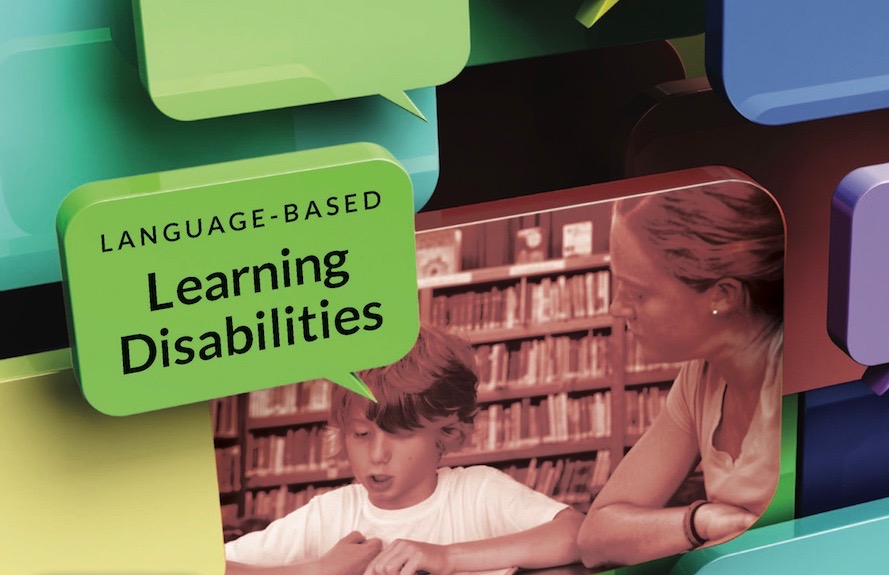Jo Boaler, a British education author and a professor of mathematics education at Stanford Graduate School of Education, has completed extensive research on how we learn math from early infancy through adulthood. By studying parts of our brain where math facts are held and manipulated, she concludes that many of the methodologies currently used to teach math are not tapping into our brain’s full potential to understand and see mathematical connections. When we ask students to simply memorize math facts and concepts, we are only engaging their working memory and not other areas of the brain that help us interact with patterns and connections. She urges teachers to have students think conceptually and flexibly about numbers, patterns, and relationships and less about rules and procedures.
Boaler’s research has also examined the idea of a growth mindset, specifically as it relates to mindsets around mathematics. Growth Mindset, a term popularized by the research of Carol Dweck, is the belief that one’s intelligence is malleable and can be improved through work and effort.
In her book, Mathematical Mindsets: Unleashing Student’s Potential Through Creative Math, Inspiring Messages and Innovative Teaching, Boaler addresses many common and pervasive misconceptions about mathematics. Some of these widespread stereotypes include the assumption that “math is a subject of rules and procedures, that being good at math means being fast at math, that math is all about certainty and right or wrong answers, and that math is all about numbers” (Boaler, 2016, p. 31). Boaler argues that these ideas of speed and accuracy as a marker of math competency contribute to feelings of low self-esteem or lack of success in math for students (and adults). Often times this can lead to math anxiety or other barriers that impede progress in math for different learners.
So what can you do to address misconceptions about mathematics?
Boaler suggests that you can dismantle these misconceptions by teaching and instilling mathematical mindsets in students. She argues that math is a beautiful subject of growth that pushes you to think and learn about new ideas and problems, such as identifying patterns and connections a skill that is integral for someone to be successful in math. Boaler also highlights the importance of a growth mindset in redirecting students’ feelings about learning math. In one particular study conducted in 2012 through her work with PISA (Program for International Student Assessment), Boaler collected information on beliefs and mathematical mindsets. She and her colleagues found “that the highest achieving students in the world are those with a growth mindset, and they outrank other students by the equivalent of more than a year of mathematics.” (Boaler, 2016, p. 7).
References
Boaler, J., & Dweck, C. S. (2016). Mathematical mindsets: Unleashing students potential through creative math, inspiring messages and innovative teaching. San Francisco: Jossey-Bass, a Wiley Brand.
Boaler, J. (2018, December 14). Developing Mathematical Mindsets. Retrieved July 5, 2019, from https://www.aft.org/ae/winter2018-2019/boaler
Dweck, C. S. (2015, January 01). The Secret to Raising Smart Kids. Retrieved July 5, 2019, from https://www.scientificamerican.com/article/the-secret-to-raising-smart-kids1/?redirect=1



